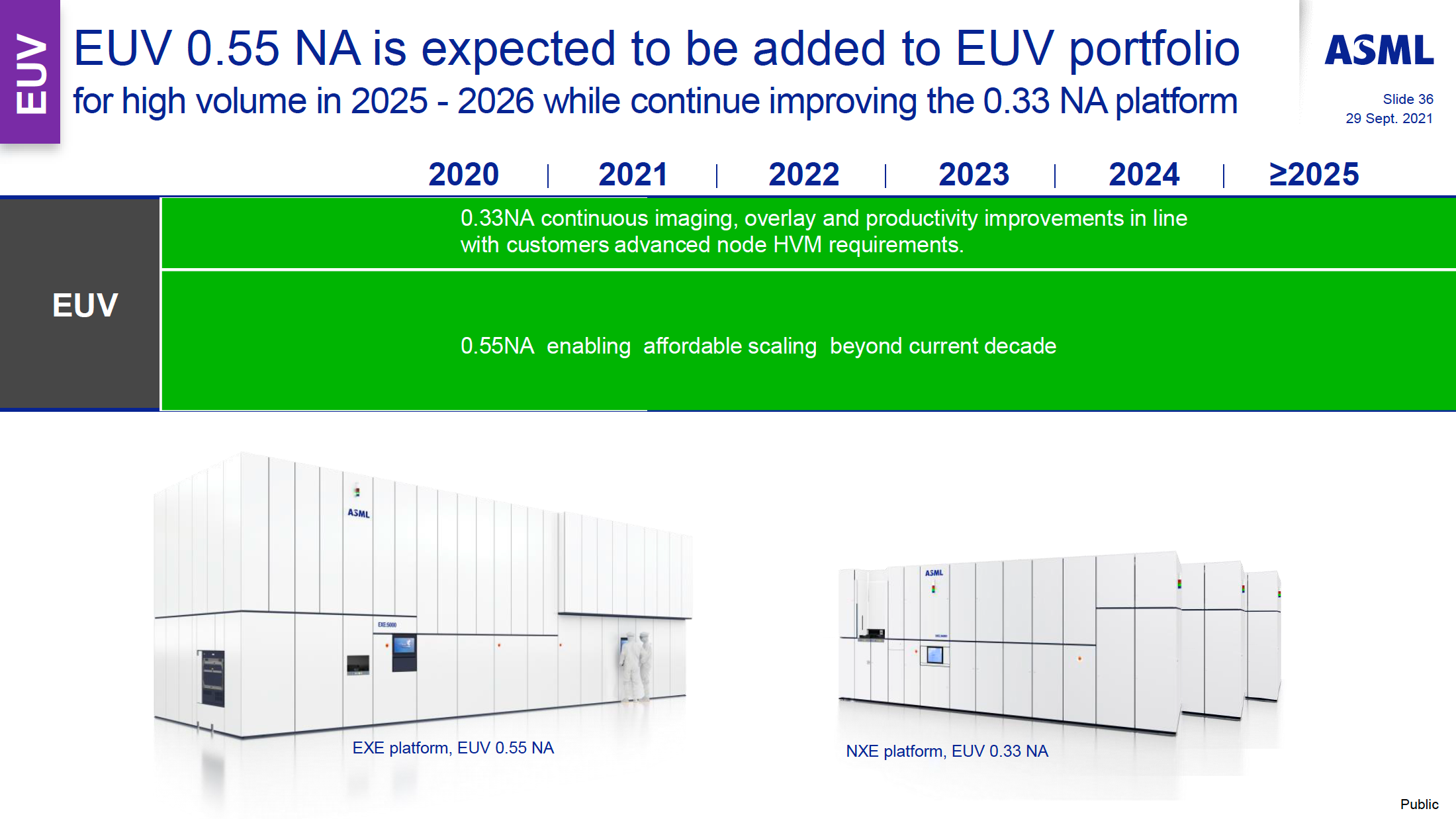Taiwanese 'CHIPS Act'-equivalent law enacted: 25% deduction on R&D and a 5% deduction on CapEx

The Taiwanese government has enacted the Industrial Innovation Act, commonly referred to as the Taiwanese version of the U.S. CHIPS Act. The new Taiwanese law allows semiconductor companies to get tax breaks for research and development and wafer fab tools installment costs, reports TechNews. But there are some things to consider.
Under this act, eligible companies can benefit from a 25% tax deduction on R&D expenses and a 5% deduction on expenditures for new machinery used in advanced processes. Companies like TSMC, MediaTek, Realtek, Novatek, Phison, Delta Electronics, Nanya Technology, and Winbond already meet the specified criteria based on their 2022 financial reports, as reported by TechNews.
These deductions apply to the current year's business income tax; the eligibility criteria for these deductions are quite specific: R&D expenses must reach at least 6 billion NTD ($193,25 billion), R&D intensity must be at least 6%, and expenditures on equipment for advanced processes must amount to at least 10 billion NTD ($321 million).
The Ministry of Economic Affairs is responsible for reviewing applications to ensure they meet the necessary criteria. This includes assessing whether the applying companies hold a key position in the international supply chain, among other factors. The report claims that the review process is thorough, ensuring that only qualifying companies can benefit from these tax incentives.
The act is part of a strategy to encourage investment in R&D and advanced technology sectors. By offering these tax incentives, the Taiwanese government aims to stimulate innovation and maintain the country's competitive edge in the global technology market.
The initiative will have a particular impact on TSMC, whose process technologies cost billions to develop but whose development is funded by a single alpha customer, Apple. Meanwhile, even Apple, the world's largest electronics supplier, probably cannot afford a full-scale 3nm, which costs well over $20 billion. Here come government funds.
Get Tom's Hardware's best news and in-depth reviews, straight to your inbox.

Anton Shilov is a contributing writer at Tom’s Hardware. Over the past couple of decades, he has covered everything from CPUs and GPUs to supercomputers and from modern process technologies and latest fab tools to high-tech industry trends.
-
purpleduggy drops in a bucket compared to what they should be spending. they need at least a few trillion to stay cutting edge, because the rest of the world is catching up fast.Reply -
richardvday Yes they make a very large share but the rest of the world is trying to catch up. That's what the incentives are about, wanting to be sure of security as well of course. The fallout of China invading or a natural disaster on Taiwan would be immense. Being this dependent should never have been allowed to happen in the first place. As usual the politicians are playing catch up trying to throw money at the mistakes already made. They should have done it 20 years ago.Reply